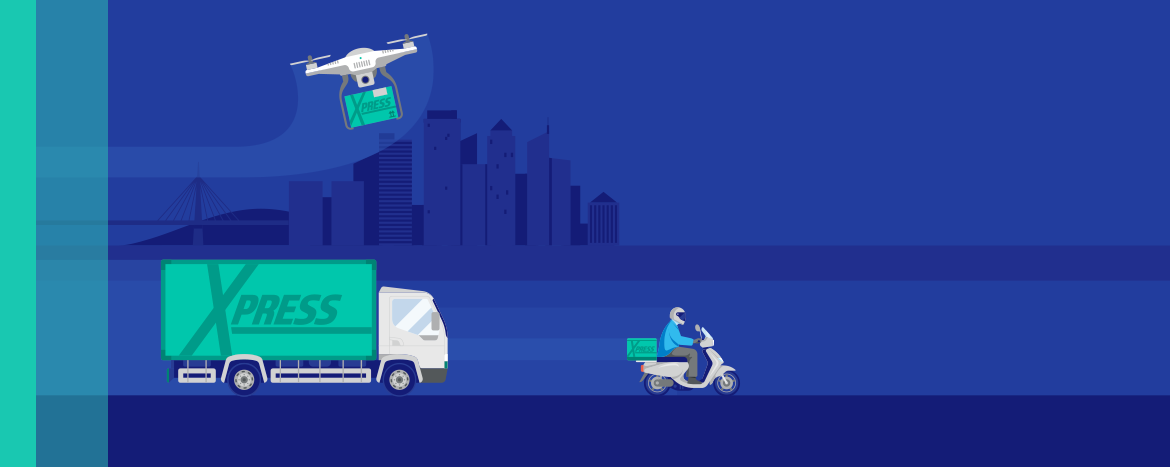Business & Industry views
Notes From my Inbox
You may not know that you are optimistic about a project because something about its leader reminds you of your beloved sister, or that you dislike a person who vaguely looks like your dentist. If asked for an explanation, however, you will search your memory for presentable reasons and will certainly find some.” - Daniel Kahneman in Thinking, Fast and Slow
Celebrated psychologist Daniel Kahneman developed a seminal model to describe our two modes of thinking: System 1 (‘fast’), which is automatic and effortless, and System 2 (‘slow’), the deliberate, arduous, and rule-based approach that we apply when making complex decisions.
We would not be able to survive without System 1 as its shortcuts, based on habits and pattern recognition, allow us to make thousands of quick decisions every day. However, it is prone to biases and mistakes, as it is not wired for nuance and complexity. While System 2 can correct mistakes made by System 1, it is a resource-intensive system that we avoid engaging unless needed or prompted. As the quote above beautifully illustrates, we can also use System 2 to rationalise our snap decisions after the fact.
There are other significant constraints to brain function.
Our short-term memory has limited capacity. In a comprehensive study of studies, Nelson Cowan showed that we can only actively hold three to four chunks of readily accessible information at a time.
The cliché has it that men can’t multitask. The reality is that none of us can. The focused attention required by System 2 creates a bottleneck. We can literally only do in-depth thinking about one thing at a time. What feels like multitasking is really task-switching. The more that we switch tasks, the greater the risk of error. We are only able to do two things at once when one is automatic and doesn’t compete for our limited mental capacity. This explains why you can drive a car and have a conversation under normal conditions, but must ask your companion to pause while you overtake a truck on a single carriageway.
HOW COGNITIVE BIAS SHAPES MARKETS
The interplay between these systems and constraints drives financial market behaviour too. Prominent headlines immediately influence prices, while the same information released on busy news days leads to weaker and slower responses. Likewise, it takes time for fundamental information that is hard to process and understand to be fully understood and reflected in asset prices.
Our cognitive constraints play out in the meta-narrative about market events, too. Headlines tend to be dominated by three or four big ideas at any given time. In 2025, these have been more erratic US policymaking, leading to a weaker dollar, the game-changing rise of artificial intelligence, and a strong surge in the gold price.
The reality is that the best long-term investment ideas are often those that are obscured by the headlines. This creates opportunities for patient and disciplined investors who are prepared to do detailed fundamental research, thoughtfully prioritised to focus on selecting investments that should deliver material returns for clients over time.
This quarter, we cover two of these underappreciated areas that illustrate how we aim to invest in winning businesses on the right side of the technological divide. Ori Sachs, Co-Head of Global Emerging Markets Research, describes how Chinese fast-food delivery has morphed into a battle for control of instant commerce of everything. Back home, analyst Ruan Koch writes about WeBuyCars, which has delivered outstanding results for investors since listing last year.
You can also read more about how your specific fund is positioned in our quarterly commentaries. As always, please do reach out to our client team if any aspect of your investment entrusted to us did not live up to your expectations.
 South Africa - Personal
South Africa - Personal




